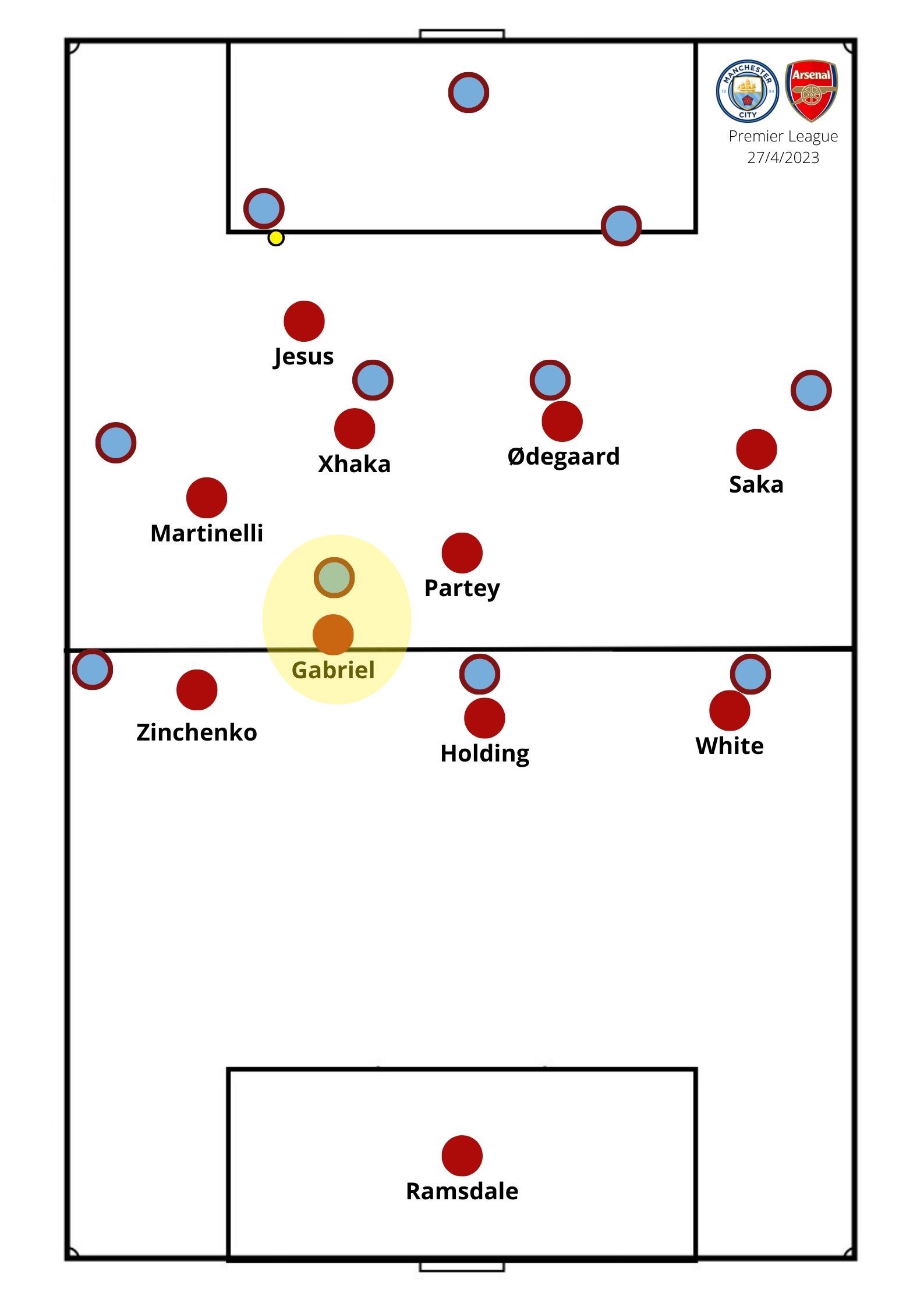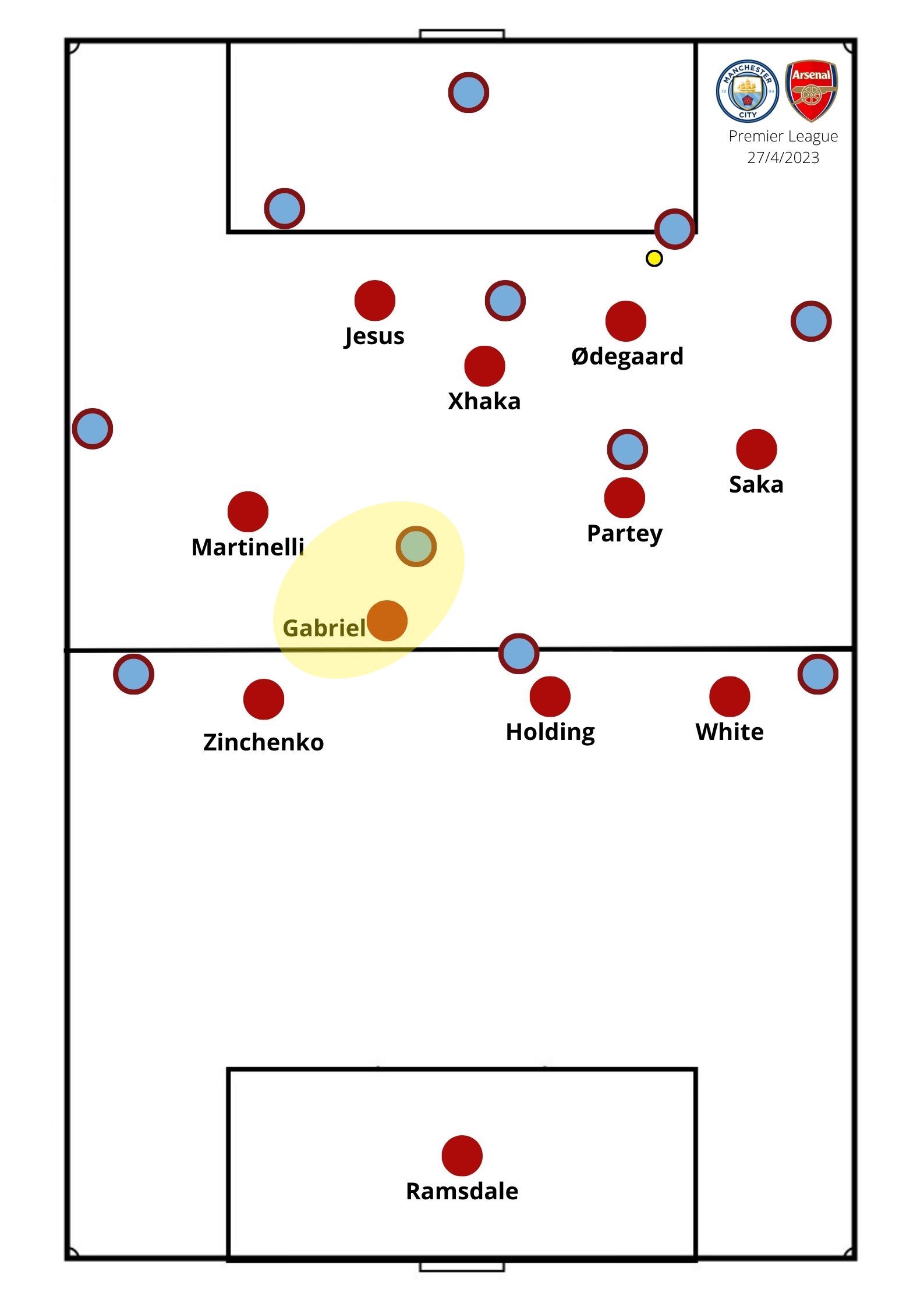Former athlete and Spanish journalist Marti Perarnau was given incredible access to Pep Guardiola as he left Barcelona, following to Munich to write a book about his first season at Bayern before following it up with one on the rest of Guardiola’s time there and his first year in England.
In that first season in Munich, almost 10 years ago now, Perarnau was sat in a meeting between the coaches when Guardiola remarked the team needed to be better the following year. Perarnau asked him how he would do it and was invited to suggest a starting line-up for a hypothetical impending Champions League final.
“No problem. I’d pick the 11 players who are in peak form at the moment and play them in a 4-2-1-3,” Perarnau quickly answered, then named the 11 he would choose.
Guardiola did not reply. Domenec Torrent did, challenging Perarnau’s ideas, asking if he would serioulsy leave Jerome Boateng out against Real Madrid, or Bastian Schweinsteiger against Barcelona, or Mario Gotze and Thomas Muller against Chelsea.
The message was clear: you have to take the opposition into account. Manchester City adapted their game for the opposition on Wednesday and Arsenal, rolling out the same team geared towards playing to its own strengths, had no response.
Before I go on, I think there’s a psychological element to Pep’s famous habit of making tweaks in big games. I don’t think it’s all ego, I think it focuses his players, who come into matches in a position of superiority. It makes sure they don’t take the biggest games lightly but are at their absolute best, aware the opposition has the quality to hurt them.
I felt like that played out on Wednesday, with Guardiola tweaking and City taking Arsenal more seriously than they have for years. And I wonder if Arteta was worried about the opposite, worried about giving his players a feeling of inferiority by changing too much for what is already the most daunting fixture of the season away against a team that has not only won this encounter continuously but also been all-conquering for years.
That is not a worry Guardiola had to deal with and his changes were about denying Arsenal the chance to use their strengths. At the back, John Stones remained fixed in position rather than pulling into midfield, meaning Arsenal’s front three at no point had the chance to break against a back three but were always outnumbered. On the other side of the ball, City played with more defenders and played longer more often than they usually do and tore Arsenal’s pressing apart.
“The way that Arsenal press is top … it’s almost impossible to play from the back,” Kevin De Bruyne explained after the game.
“We know we had to play longer, we tried a couple of things in training, I got a little deeper and then tried to run off of Erling when he kept the ball. We found that a couple of times and in the first half we created some chances that way, it was important to set the tone.
“Normally we play with two number eights, I think he wanted a bit more control because of the way they press, so Gündogan was (in) a double six. I had to choose the moments depending on who was pressing out of Xhaka or Partey. If Partey was pressing I would try to go (behind him) and the other way around, it’s difficult for Holding and Gabriel then – do they go with me or stay with Erling.”
That’s the game, and the result, explained right there. With a back four, rather than a back three, in possession, City took Saka and Martinelli out of the press entirely. They built with six — four with two in front — rather than five — three with two in front — and Arsenal did not see it coming and then did not adapt. With Saka and Martinelli pinned wide and City effectively playing with a front two, De Bruyne just had to wait for a space in midfield he could drift into, dragging one of the centre-backs (usually Gabriel) with him.
In doing so, City manufactured the situation Arsenal were hoping to face: three-versus-three. And, having baited an Arsenal player forward, they were willing to play the long balls to use those one-on-one contests at the back.
The long balls were gobbled up by the physically and technically dominant front two of Haaland and De Bruyne. Long ball, control with back to goal, lay off for the run in behind. If Partey pushed on to press so Arsenal were not outnumbered, De Bruyne would have more space to roam, drifting to the right, leaving Gabriel too worried about vacating his space to follow him.

If Gabriel left him, he would have more space to make his driving runs once Haaland had the ball. This exact pattern led to the first goal and Arsenal were lucky it didn’t lead to more.
If Partey didn’t push to press, City found gaps to play through Arsenal all the same. These players are fluent in Guardiola’s language in a way that Arsenal aren’t in Arteta’s yet. They can make these tweaks because they know exactly what to do and how it will play out. You can see from his constant barking of orders on the touchline that Arteta does not believe his players yet know how to adapt.
And the addition of Haaland makes this particular Guardiola team the biggest headache of them all.; they’re now willing to go long and punish you if your press isn’t perfect. Sitting back feels like leaving yourself as a sitting duck. Press them well, they’re even happier to leave men back (taking away chances to counter them) and play through you if you don’t fully commit to the press or wait until you have, wait until they’ve attracted enough men forward to go long and beat you in a physical battle.
Guardiola saw Arsenal’s high press coming from a mile off and Arteta did not adjust. We should remember he is still a young manager and Guardiola is (in)famous for making errors in big games even now. Maybe in time Arteta will get there when it comes to tweaking. And even with a better gameplan on Wednesday, it’s hard to see how an Arsenal side that couldn’t string passes together or compete physically would have stood a chance. Maybe there was a golden bullet solution Arteta couldn’t see. Maybe this result was inevitable anyway.
There are hundreds of uncertainties, but this season can at least leave us confident that Arsenal will be back in a game this big before long.


